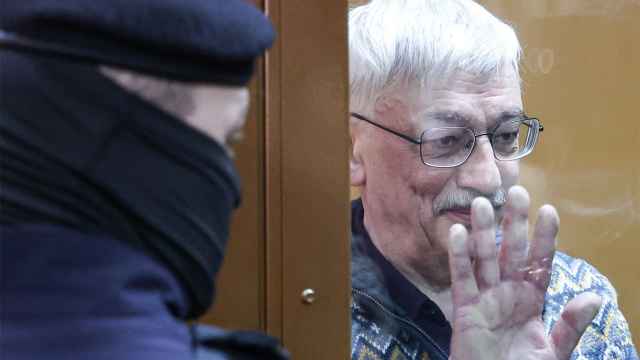
Elena Orlovskaya
Associate
Beiten Burkhardt Moscow
In 2001 the complicated progressive structure of individual income taxation in Russia was replaced with a flat tax rate of 13 percent for tax residents and 30 percent for non-residents. This price to be paid by individuals for working in Russia is relatively low in comparison to most developed countries. But is Russia really such an attractive jurisdiction for foreign employees from the income tax perspective, or are there pitfalls to consider? Let us look into this issue more precisely.
In order to be eligible for the 13 percent tax rate a foreign employee working in Russia must meet either of two requirements: He or she must be deemed a highly qualified foreign specialist or be physically present in Russia for at least 183 days in any rolling 12-month period. The first prerequisite is fulfilled in regard to foreign specialists who possess work experience, skills or achievements in a particular area of expertise and whose salary amounts to at least 2 million rubles ($64,000) gross per year. A foreign specialist’s competence is evaluated independently by the employer and is not subject to scrutiny by any state authority. The income received by such a highly qualified foreign specialist is immediately subject to the 13 percent rate. For other foreign employees, the crucial factor for determining the taxation level is the duration of their stay in Russia. As opposed to highly qualified foreign specialists, attaining the 13 percent effective taxation level for them is not so straightforward.
Pursuant to the Russian Tax Code, an employer has to withhold income tax at the rate of 30 percent or 13 percent depending on whether the foreign employee has been physically present less or more than 183 days in Russia, taking the 12-month period preceding the particular salary payment date into account. As the tax status may change during the year, the tax rate applied at the time of salary payment is not always final. The ultimate applicable tax rate (13 percent or 30 percent) can be determined only after the threshold of 183 days of stay is reached or can no longer be reached in terms of the calendar year.
For example, the salary of a foreign employee coming to Russia in January will at first be taxed at the 30 percent rate. Provided that he or she does not leave Russia, the required amount of days for the lower rate will be reached some day in July. This moment in July will be a critical point for determining the final tax rate, applicable during the year. From this point of time until the end of the year all payments to the employee will be taxed at 13 percent. At the same time, the tax overpayment occurring in the first six months of the year must be refunded.
Starting Jan. 1, 2011, the necessity to receive a refund will entail a long-term adventure for the foreign employee. First, although the overpayment may be confirmed already in July, the foreign employee must wait until the end of the calendar year to initiate the refund procedure. Second, the foreign employee needs to submit a tax return together with documents confirming his or her tax status with the competent tax authority. And finally, based on tax law provisions, it may take up to four months until the money is transferred to the employee’s account. It is a matter of luck as to how long it will take in practice.
Another aspect to consider is the taxation of income types other than those derived from employment activities. If a foreign employee is eligible for the 13 percent tax rate, this does not mean that all other income is also subject to 13 percent as stipulated for Russian tax residents. In most cases, the foreign employee’s home country claims the taxation right concerning other income types together with Russia. This constitutes a double residence situation, conflicts concerning which are resolved by the provisions of double tax treaties. Generally the taxation right regarding other income types, for instance gains from alienation of immovable property located outside Russia, rests with the person’s home country, with an accordingly different taxation level.
Thus, with all these factors in mind, the benefits provided by the low tax rate may be enjoyed by the majority of foreign employees working in Russia.





